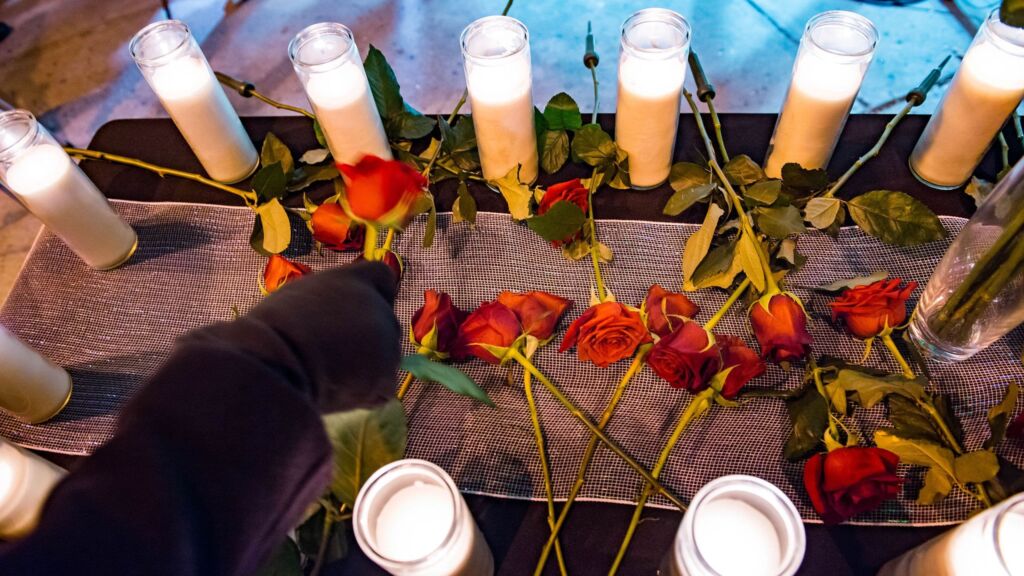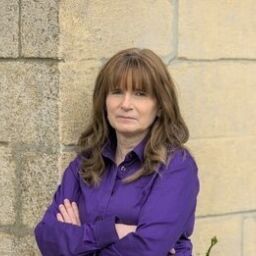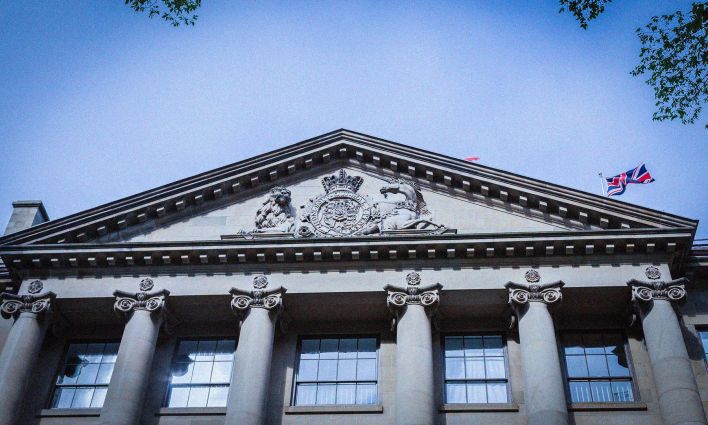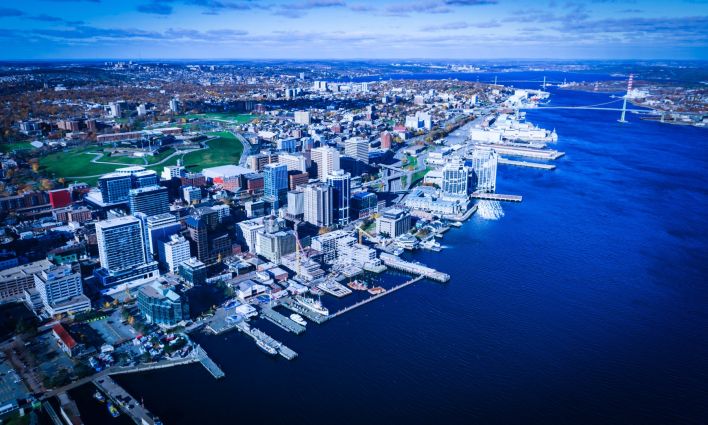I was 19 and in my second year of university—with my whole life laid out before me—when the massacre at École Polytechnique happened. I now have three children, including an 18-year-old daughter in her first year of university, and a wonderful career doing work that I love.
The women who were killed that day in Montreal, December 6, 1989, all of them between the ages of 20 and 31, also had their whole lives before them.
Geneviève Bergeron. Hélène Colgan. Nathalie Croteau. Barbara Daigneault. Anne-Marie Edward. Maud Haviernick. Maryse Laganière. Maryse Leclair. Anne-Marie Lemay. Sonia Pelletier. Michèle Richard. Annie St-Arneault. Annie Turcotte. Barbara Klucznik-Widajewicz.
Today we mourn their deaths; my heart goes out to their family and friends.
It has been 30 years since this horrible tragedy where one man sought to kill feminists: “women who were looking to seize the advantages of men,” according to the killer whom I will not name.
My feminist consciousness was only awakening when this tragedy occurred, and I have since spent a career advocating for equity and justice for women, and against misogyny.
What has changed since 1989 when it comes to male violence against women or the status of women in our society? Unfortunately, not enough.
Today, 30 years after this massacre, male violence against women remains a crisis in our society. Four out of five victims of police-reported intimate partner violence were women (79%)—representing about 75,000 female victims. This staggering figure is only the tip of the iceberg as Statistics Canada estimates that up to 90% of cases of sexual assault and harassment and 70% of intimate partner violence incidents are never reported to the police.
Women are still a minority in engineering classes with occupational segregation remaining almost as entrenched as it was then. Women have made advancements and, in some previously male-dominated fields, participation figures are now on par with men’s (medical schools for example ). However, they still make up the majority of those in “women’s work”—some of the lowest-paying jobs (and in many cases unpaid) in our society. The undervaluing of this work underscores how entrenched misogyny and patriarchy still are today.
Women still face pay inequity and high rates of poverty. Canada’s gender pay gap remains one of the highest among OECD countries, ranking of 31st out of 36 countries. This gap is even larger among racialized and Indigenous women who earn 60% and 57%, respectively, of what non-racialized men earn. With our current rate of progress, it’s estimated that it will take 164 years to close the economic gender gap alone.
https://twitter.com/ccpa/status/1189210614939426816?s=20
The year of the Massacre, 1989, also introduced us to the world wide web; in 2019, the realm of social media is the newest platform where women are targeted with hate messages and death threats.
Despite this sobering context, a few silver linings inspire me to continue this work. I admire and thank the women who are leading so many of the radical movements for change from Black Lives Matter, to #MeToo, to Idle No More, to the many young women leading school strikes for safe, inclusive schools and climate justice activism. I am inspired by the many Indigenous women who are putting their bodies and lives on the line as water and land protectors.
Thirty years after the Montreal Massacre, we are finally realizing how safe sustainable cities need to take into account the way women use cities. That gender budgeting is increasingly necessary to develop economic and social policies that serve the needs of all genders. That reproductive health is an inalienable right that, sadly, remains under attack.
A world where gender violence no longer routinely takes place will only be achieved through a fundamental change in what we value, but maybe more importantly in what we undervalue: certain people over others, or people instead of profit, or the survival of the planet instead of short-term market gains for the richest few among us.
We need to tackle the systems and structures that have resulted in growing income inequality. We need to end poverty and homelessness. To make progress with and not at the expense of each other and to end discrimination in all its forms, we need to ensure that the work we do together values diverse lived experiences.
For me, feminism is about ensuring that we are all free to reach our full potential. Because “Until we are all free, we are none of us free. ” (Emma Lazarus)
Christine Saulnier, PhD, is Nova Scotia director, Canadian Centre for Policy Alternatives.






